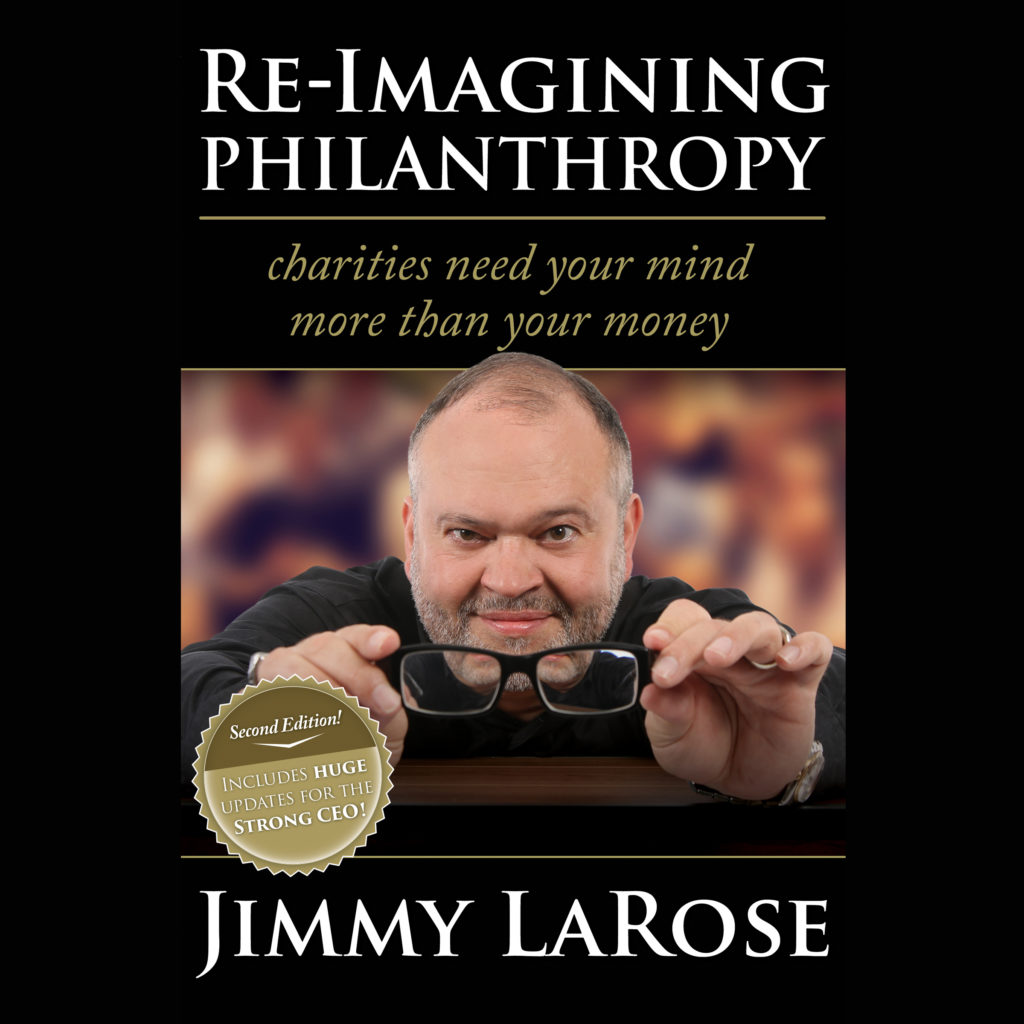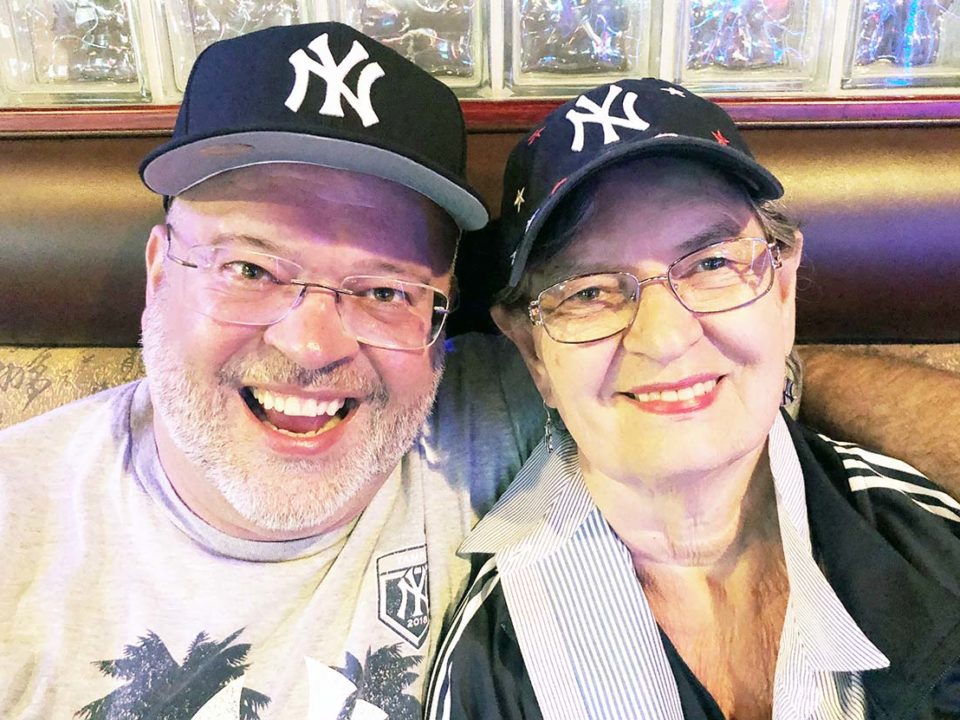Meet Aimee Vance “America’s Super Consultant” Who Raises Millions With No Feasibility Studies – Watch The Video Here
Feasibility Studies are a rip-off and the fundraising consultants who discovered chapter six of RE-IMAGINING PHILANTHROPY know it! They’ve been gnashing their teeth about the section carefully titled:
Feasibility Studies: The Crack Cocaine of Nonprofit Consulting
(It’s simple…THEY’RE UNETHICAL)
There are only a handful of nonprofits in the U.S. that could ever benefit from a feasibility study. Don’t let the fundraising consultants deceive you into buying a product that they know hasn’t worked in decades.
The reason this swindle never ends is because it works for everyone (even the charity.) The charitable sector has an organized “drug dealer – drug user” problem, rooted in a well-known (yet secret) agreement between nonprofits and feasibility study consultants. It goes something like this:
We’ll pay you (the consultant) large sums of cash to perform unhealthy acts of triangulation with our donors, because we’re not willing to do the important work of serving our supporters ourselves.

Feasibility Studies: The Crack Cocaine of Nonprofit Consulting
Triangulation, by definition, is a situation in which one family member communicates indirectly with another through a third party. The concept originated in the study of unhealthy families, but can describe behaviors in other systems, including work and management. Triangulation is the most addictive aspect of this toxic “high”. It cements the relationship between the dealer and the addict. The consultant falsely promises the nonprofit they can reap the benefits of a “financial relationship” without having to actually be in one.
It’s a very powerful sales tactic for it promises (with the ease of “just-add-water,”) the impossible outcome of new dollars raised.
In the end, nearly all feasibility study reports come back with a finding of “YOU’RE NOT READY!” (You don’t need to spend $25,000 to find out what you already know.)
This “con” is the very definition of addiction, for, like the “war on drugs,” and after decades of discussions about the “valuelessness” of feasibility studies, charities continue to give consultants thousands of dollars to perform them. The futility of this war metaphor is further confirmed by the late Arthur C. Frantzreb, who wrote:
Perhaps 90 percent of such studies are conducted by consultants long before the organization is ready, which creates an attitude of expectancy that can be crucially counterproductive.
Art wrote an essay twenty years ago, revealing the damage consultants visit on nonprofits using feasibility studies. Despite his warnings, and like the “war on drugs,” nothing has changed, as charities continue to spend your cash on a method that has proven itself ineffective.
Here’s another comment from a feasibility study consultant (If you’ll read
closely, you’ll see further confirmation of this conspiracy to triangulate.):
“The nonprofits we work with don’t have the staff capacity to interview
their donors before a campaign, nor the will to make it a priority. In
fact, we’re cultivating their donors for them. We could train their
senior staff to conduct interviews, but most are not willing to invest the
time and energy. Feasibility studies will continue to be necessary as long
as nonprofits are unwilling to spend time with donors one-on-one.”
Executive directors who “do not have the staff capacity to interview their
donors,” should be replaced with a chief executive officer (CEO) who
understands that the homeless family they’re serving IS NOT THEIR
CUSTOMER (because they have no money), but rather DONORS ARE
THEIR CUSTOMER (because they have money), and are the true object
of their nonprofit enterprise.
The jig is up.

